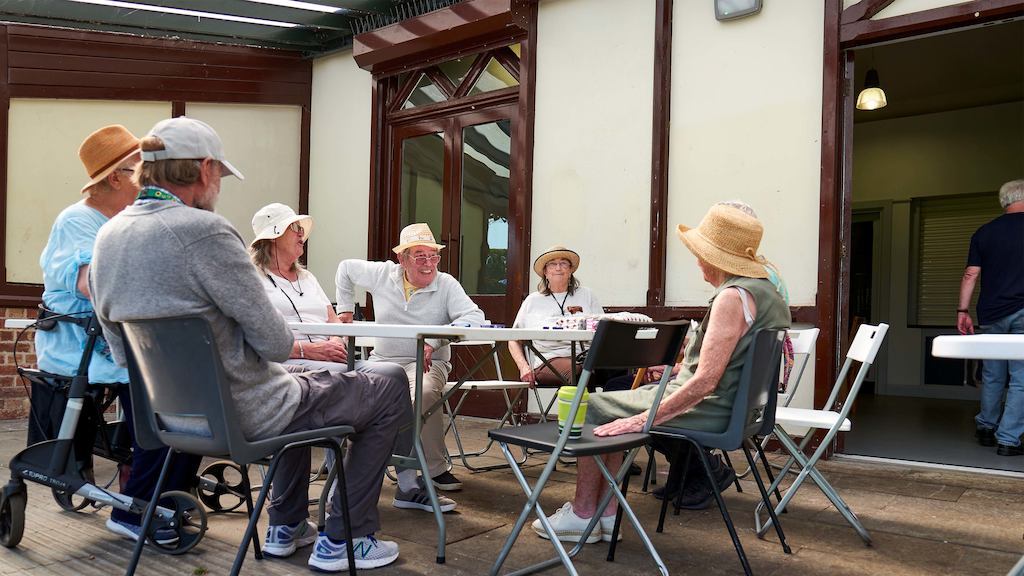Guidance for reporting on ageing and older age, produced by the Centre for Ageing Better and the Older People’s Commissioner for Wales, has been included in the Independent Press Standards Organisation’s (IPSO) external resources for journalists.
The guidance urges journalists and editors to move away from stereotypes and embrace more realistic depictions of later life, to use terminology that older people prefer – such as ‘older’ rather than ‘elderly’ – and to avoid ‘compassionate ageism’, where older people are patronised and framed as vulnerable or needy.
Journalists and editors are also advised not to stoke conflict between generations or present old age as a societal burden. Alternatively, the guidance suggests those working in the media highlight the diversity that exists within generations, and to understand the differences between inequalities in wealth and intergenerational conflict.
Ageing Better and the Older People's Commissioner for Wales welcome the regulator’s willingness to share this guidance. We hope that it will be a first step towards updating the Editors’ Code to include age as a protected characteristic. Currently age is one of the few characteristics not included in the Code. Adding age would enable a proper process for ensuring quality and appropriateness of references to age and stories relating to people in later life, the organisations say.

